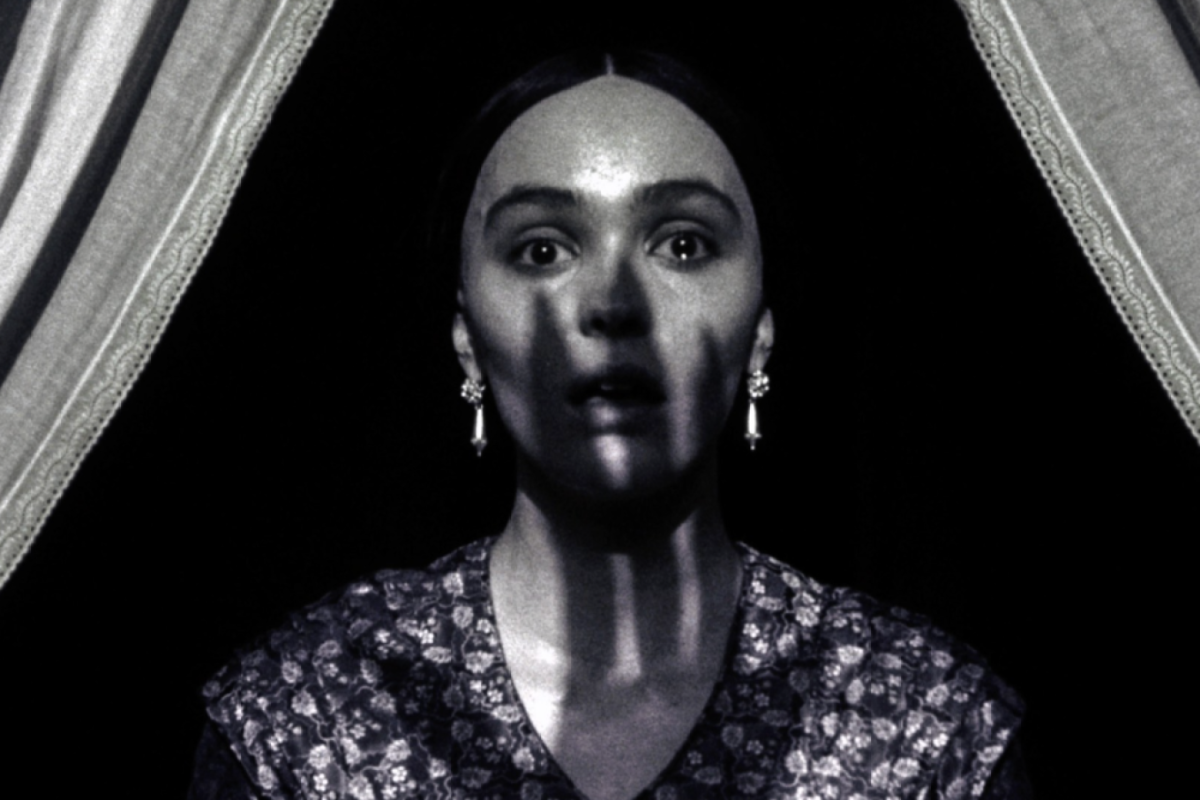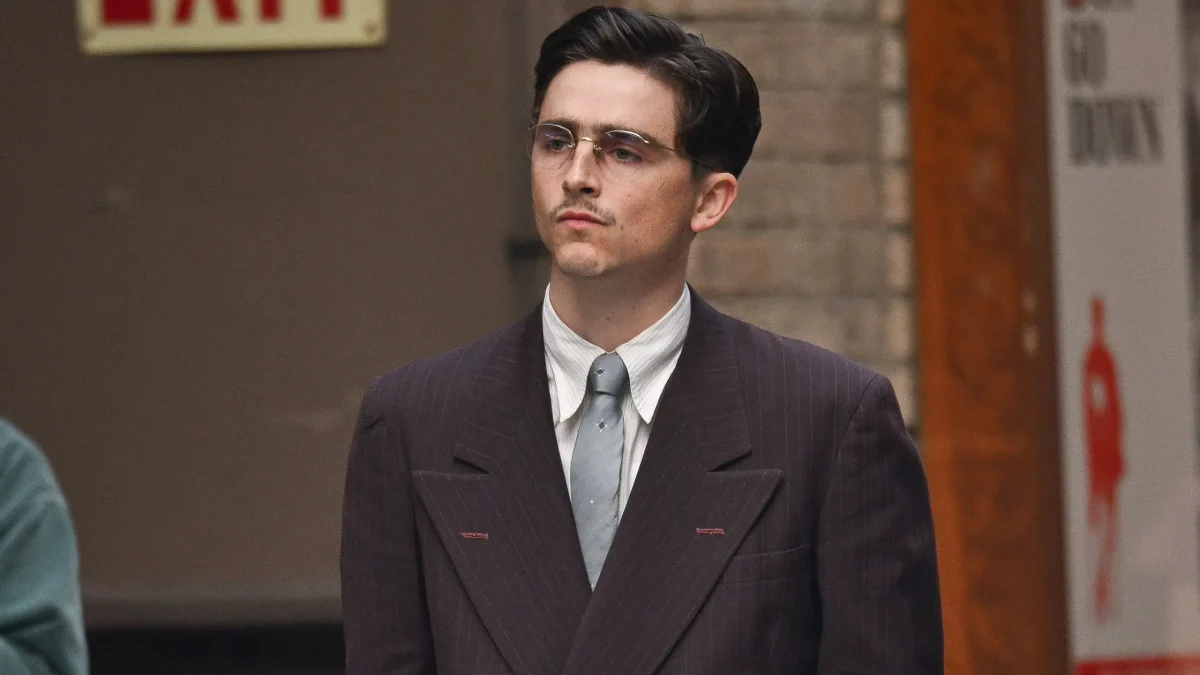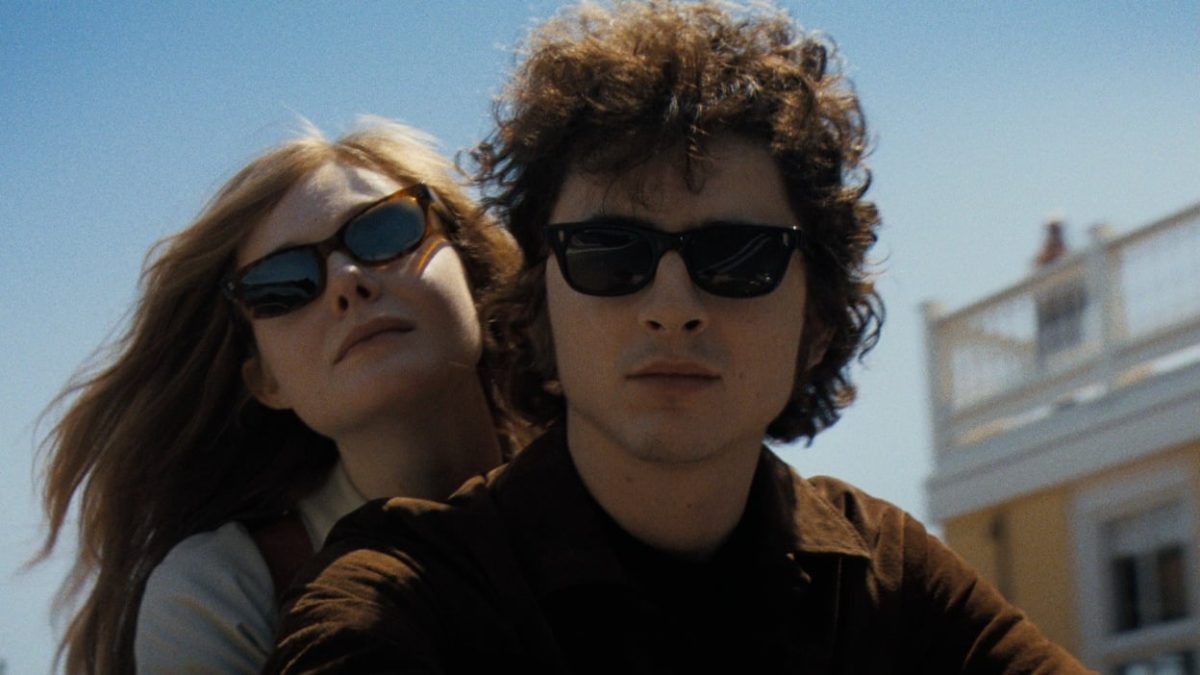If the film Atonement (Universal Studios, Dec. 7) were to be described in a single word, it would be “brilliant.”
The film, which is an adaptation of the Ian McEwan novel of the same name from director Joe Wright (Pride and Prejudice) is a tragic story of lost love and the effect that a single decision can have on others.
Young Cecilia Tallis (Keira Knightley, Pirates of the Caribbean) is the oldest daughter in a privileged British family who is secretly in love with Robbie Turner (James McAvoy, The Last King of Scotland), the promising son of a servant of the family.
This does not sit well with Cecilia’s younger sister Briony (Saoirse Ronan), an odd young girl who spends her time writing plays and putting up with her cousins.
After a situation involving lies, rape and mistaken identities, Robbie is sent to prison and Cecilia disowns her family.
The second half of the film juxtaposes the first half in a tragic situation with Robbie serving in the military, Cecilia as a nurse and the now 18-year old Briony (Romola Garai, Scoop) also serving as a nurse who is finally realizing the problems she was responsible for.
Atonement tells an unfortunate tale and is one of the most moving films in recent history.
Though the first half is somewhat more lighthearted and, at times, humorous, the truth is that the family has more problems than meets the eye. Everyone seems to be hiding something, even Robbie, who comes across as the most innocent character in the film.
Atonement‘s first half takes place in a beautiful estate in England.
The scenes are all very serene, even isolated at times. They flow in an orderly and proper manner, much like the family that they focus on.
The film’s second half, however, is on the complete opposite end of the spectrum.
The film takes on a depressing and dreary feel, especially as Robbie and his fellow soldiers try to survive World War II in France. Cecilia and Briony are also unhappy, as they deal with the constant flow of wounded troops and orderly bosses who suppress any expressions of individualism-a notion that especially upsets the distinctly unique Briony.
As the film closes, it ends with an aged Briony (Vanessa Redgrave, Evening) reflecting upon the film’s events, bringing about some sense of clarity.
Atonement‘s biggest strength is its cinematography. The shots are breathtaking, highlighted by a very lengthy tracking shot on the warfront that summarizes the state of things. This shot defines the times, as well as the theme and feeling of the film. The music and lighting further set the film’s tone, which could be enjoyed for these aspects alone.
Atonement is certainly more than just a pretty background, however. It is an exposé of humanity and the mistakes that we can make. The film’s tragedy is what makes it moving and unsettling.
Overall, Atonement is a phenomenal picture, whose class, romance and tragedy make it one not to miss.









